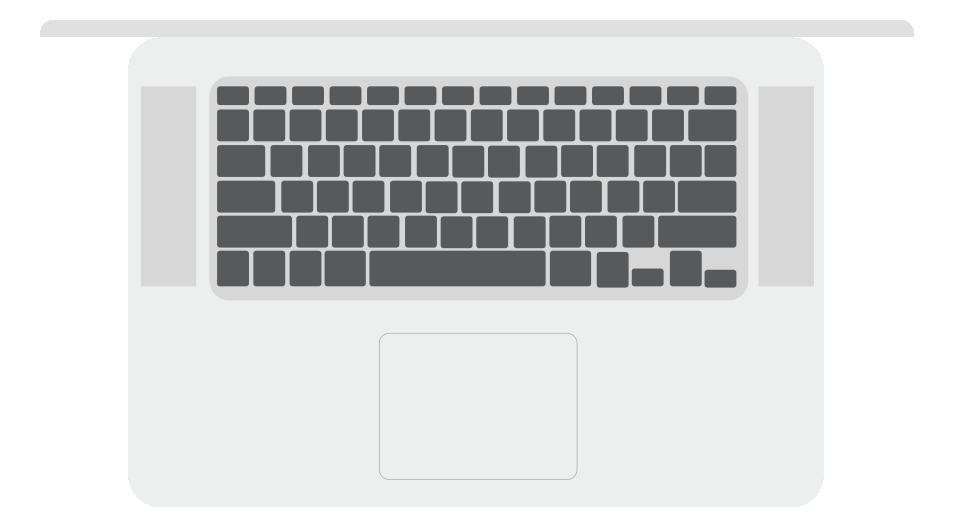We periodically update our Article Submission Policy, which you can find here. Please make sure to check for any updates when you visit our site. You should also read our site’s Terms and Conditions, Privacy Policy, Cookie Policy, and Disclaimer along with this Submission Policy.
Articles submitted to The PhD Place remain the sole copyright of the respective author(s). The “Author” is the person who submits the article using the form below.
The Author holds full rights to commercially reproduce their submitted content.
When you submit an article, you’ll need to provide your name, a short biography, university, and author picture which will be published alongside your article. We don’t accept anonymous submissions.
Articles should be written in accessible, natural language and must be inclusive. They must not contain defamatory, profane, obscene, or illegal material. Articles also must not contain slanderous or libellous content. You’re responsible for ensuring your work and any information provided doesn’t violate intellectual property rights.
The PhD Place acts under the author’s instructions and isn’t obligated to check or confirm the legal use of reproducing any content. The Author indemnifies and defends The PhD Place Ltd for any claims made as a result of alleged infringements.
You’re submitting your article on a voluntary basis without compensation or future payment of royalties. In no event shall The PhD Place Ltd be liable for any special, incidental, indirect, or consequential damages whatsoever arising out of or in connection with the publishing of an author’s article.
You release The PhD Place Ltd and any representatives, employees, managers, members, officers, parent companies, subsidiaries, and directors from all claims and demands arising out of or in connection with any use of the information submitted, including, without limitation, all claims for invasion of privacy, infringement on your right of publicity, defamation, and any other personal and/or property rights.
If you mention specific academics or organizations in your article, such as supervisors, sponsors/funders, friends, groups, societies, or clubs, you need to confirm that you have their explicit consent to publish their name on The PhD Place within the context of the article.
We review all content and may remove it at any time without prior notice. We’ll never add any information to your article or bio without your permission. You can edit or delete your articles and author information from the live website at any time upon written request.
We may occasionally need to remove a submission from The PhD Place along with any associated author information. By submitting your article, you give permission for The PhD Place Ltd to share it and your author information (name, picture, and/or social media link) on our social media pages and other pages of the website, such as the Home page.








